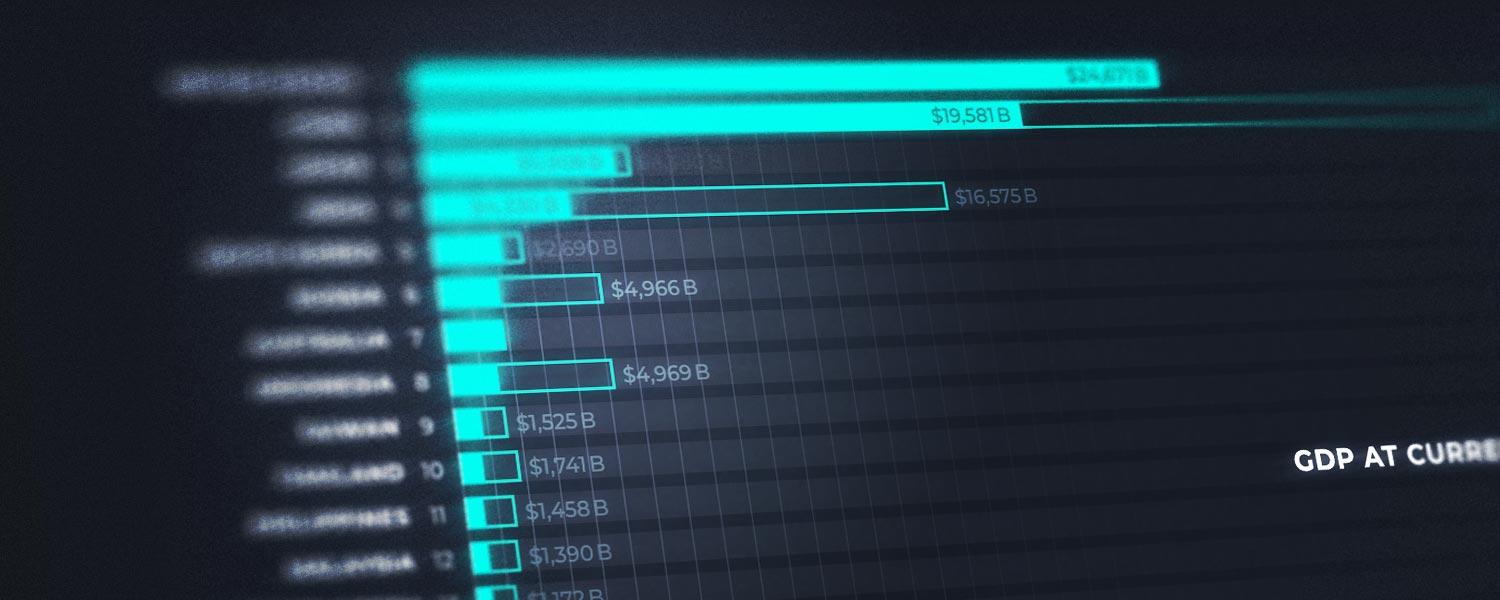Two years ago, Scott Morrison walked into the Australian parliament brandishing a lump of coal. “Don’t be afraid. Don't be scared. It won’t hurt you. It’s coal,” Morrison said, the nation’s treasurer at the time. We can only assume that he didn’t know then that in 2019 he would be fighting a federal election as prime minister, an election which was thought to be a referendum on Australia’s climate policy.
Climate change was back as a political debating point last week, amid claim and counter-claim about the influence of global warming as bush fires swept through the eastern states of New South Wales and Queensland.
But the political playbook tells us that candidates should focus on the economy if they want to win, and this year was no different. Though climate policy catapulted some independent candidates into elected office, and the Greens vote was up in inner Sydney and Melbourne seats, Morrison was re-elected comfortably.
Climate change was back as a political debating point last week, amid claim and counter-claim about the influence of global warming as bush fires swept through the eastern states of New South Wales and Queensland. Australian attitudes on this issue remain complicated, and this timeline chart illustrates the dramatic turnaround since 2012, when carbon pricing was repealed. According to the Lowy Institute Poll in 2019, six in ten Australians say global warming is “a serious and pressing problem” about which “we should begin taking steps now even if this involves significant costs”.
More information on Australian attitudes towards climate change and other foreign policy issues is available at the Lowy Institute Poll interactive.

